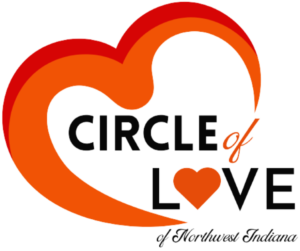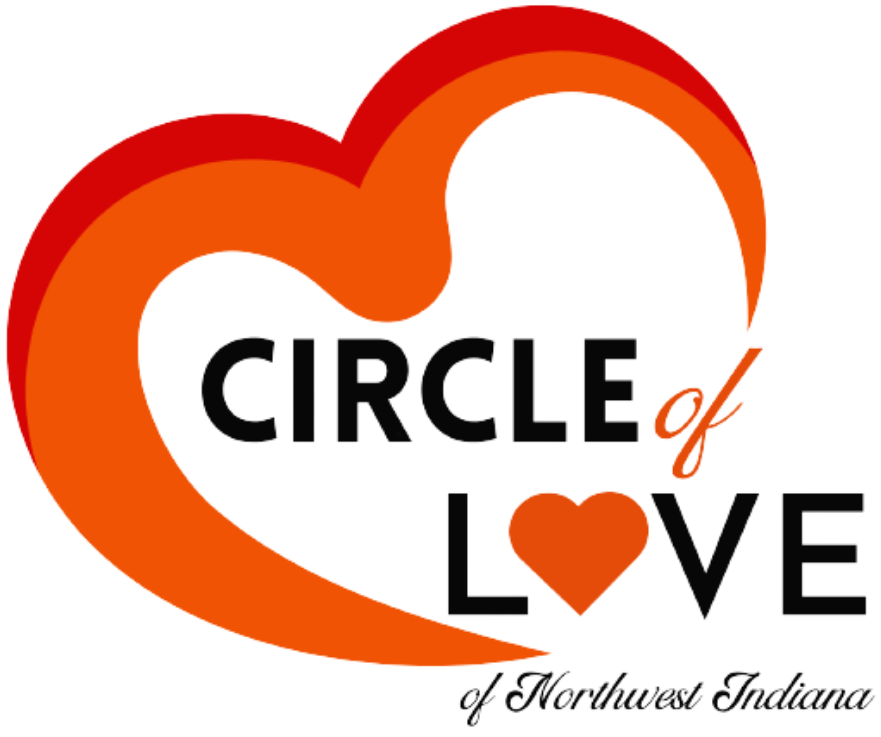Bill to support victims of gun violence. Defines gun violence, and victims of gun violence.
Victim Connect
- https://victimconnect.org/: is an OVC-funded service that offers confidential assistance to victims of crime. Trained specialists are available to help you locate services in your area, including mental health counseling, legal services, and more. Contact VictimConnect from 8:30 a.m. to 7:30 p.m. eastern time at:
- Phone: 855–4–VICTIM (855–484–2846)
- Chat: https://chat.victimsofcrime.org/victim-connect
- Dial 711 and VictimConnect staff can provide services through an interpreter in more than 200 languages, and to hearing- and speech-impaired individuals.
Disaster Distress Hotline
The Disaster Distress Helpline, funded by the Substance Abuse and Mental Health Services Administration, is a national hotline dedicated to providing year-round disaster crisis counseling.
This 24/7 toll free, multilingual, crisis support service is available to residents in the U.S. and its territories who are experiencing emotional distress related to natural or human-caused disasters, including incidents of mass violence. Contact the hotline toll free at 800–985–5990.
Additional Resources for Victims:
Be Red Cross Ready: Taking Care of Your Emotional Health After a Disaster
This fact sheet explains normal reactions to a disaster, what a survivor can do to cope with these emotions, and where to seek additional help if needed. This fact sheet is also available in a large-print edition and in Arabic, Chinese, French, Haitian Creole, Korean, Spanish, Tagalog, and Vietnamese.
Coping With Grief After Community Violence
This fact sheet introduces some of the signs of grief and anger after an incident of community violence. It provides information about how to cope with grief, and also offers tips for helping grieving children.
Coping After Terrorism for Injured Survivors
This handbook is intended to help victims understand reactions to acts of terrorism and mass violence. It also offers tips for helping victims with the coping with grieving process.
OVC Handbook for Coping After Terrorism: A Guide to Healing and Recovery
This handbook provides victims of terrorism with information based on the expertise of mental health, crisis counseling, and victim assistance professionals. The handbook is intended to help these victims understand their reactions to an act of terrorism or mass violence.
OVC Help Series for Crime Victims: Homicide
This OVC brochure provides information on what to expect as a co-victim or survivor of homicide, where you can get help, and additional resources for information and assistance.
Tips for Survivors: Coping With Grief After a Disaster or Traumatic Event
This tip sheet contains information about grief, the grieving process, and what happens when the process is interrupted and complicated or traumatic grief occurs.
The tip sheet suggests steps to cope with a disaster or other trauma, lists signs of the need for professional mental health and substance use assistance, and identifies resources for additional information and support.
What You Can Do If You Are a Victim of Crime
This brochure highlights victims’ rights and compensation and assistance programs, and lists national organizations that help victims to find information or obtain referrals.
Transcend Mobile App and Other Self-Help
Funded by OVC, this National Mass Violence Victimization Resource Center mobile app provides resources and information about common reactions to mass violence and strategies for recovery. Users can access tools and activities on calming the body, managing distressing thoughts, maintaining healthy activity, coping with loss, and helping others. A “Get Help” feature offers contact information for crisis hotlines and other support services.
Download the app: Android devices
The National Mass Violence Victimization Resource Center also has a page providing self-help for survivors. It addresses common trauma reactions, coping tips, guides for parents and caregivers, and other support.
Resources from the National Child Traumatic Stress Network
The National Child Traumatic Stress Network provides a series of resources that may assist parents, school personnel, pediatric care providers, and others when speaking with youth and teens, including:
The NCTSN also has resources for responders on Psychological First Aid. Psychological First Aid is an early intervention to support children, adolescents, adults, and families impacted by these types of events.
Also resources listed on the website that can provide assistance to victim service providers, law enforcement, first responders, community leaders, and faith leaders.


